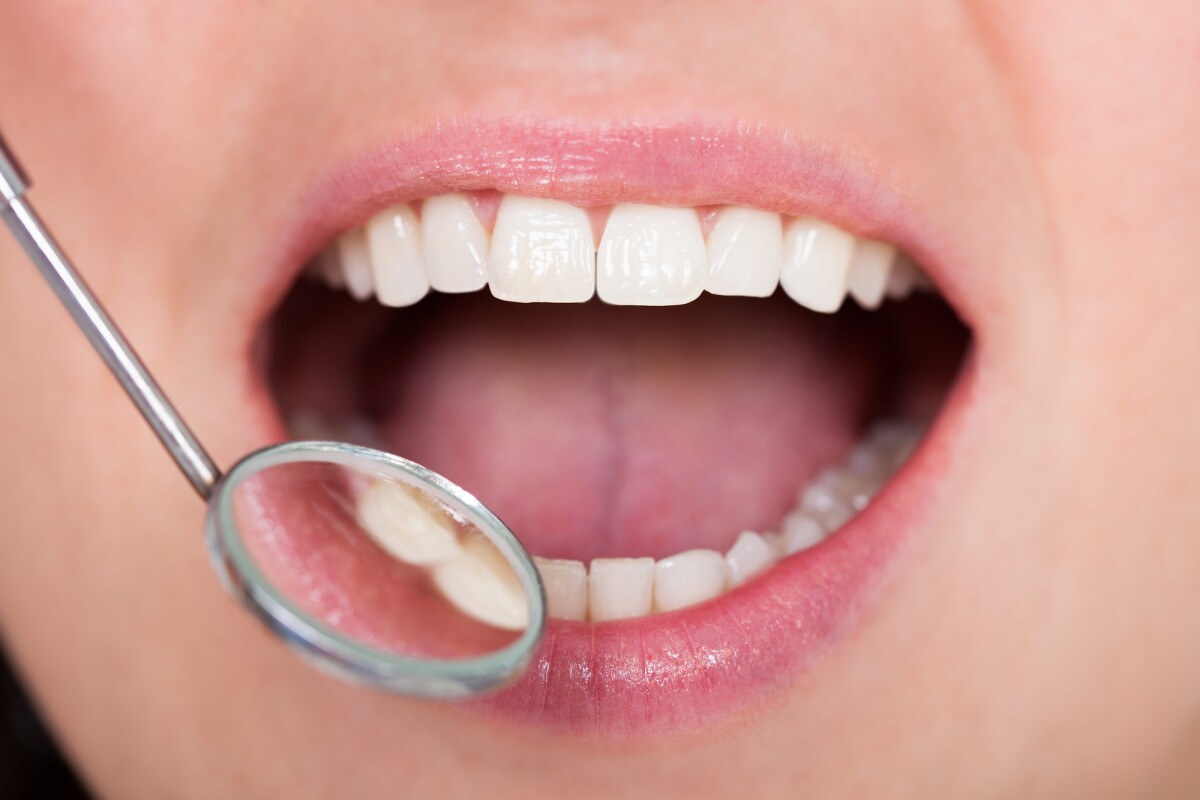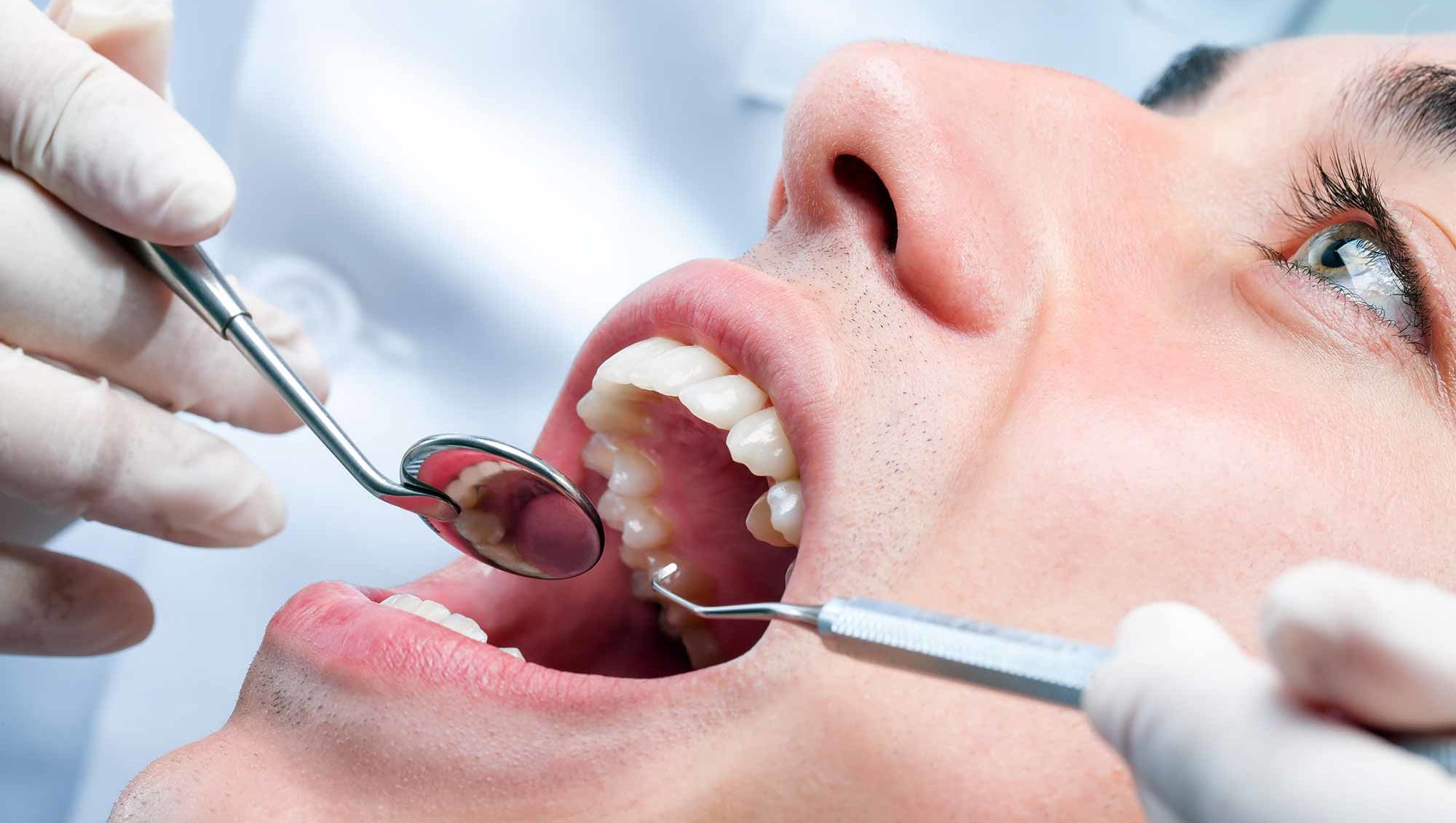
From a recent survey, about 47% of American adults suffer from Periodontitis. It is for this reason that Dr. Kaveh Kanani in Tarzana is committed to treating dental-related problems. Gingivitis and Periodontitis are the two common types of gum disease. Gum disease can result for a number of reasons ranging from health conditions, hygiene, and psychological factors.
The following are the most common causes of gum disease:
Table of Contents
Hormonal Changes
Puberty, menstruation, and pregnancy are some of the most common causes of hormonal imbalance. A change from normal hormone levels causes increased sensitivity in the gums, thus the development of gum infections.
Medication
Some types of drugs, especially those containing Adalat and Procardia, cause a reduction in the production and flow of saliva. Saliva usually protects the gums and teeth from infection, and when there is insufficient flow, it may result in gum disease. Other types of medication may also lead to abnormal rates in the growth of tissue, therefore damaging the gums.
Reduced Immunity
People with diseases and conditions that interfere with the body’s immunity, such as cancer and HIV/AIDS, are more likely to suffer from gum disease. This is because the conditions inhibit the repair of damaged tissues, including the gums. Diabetes may also lead to infections since it inhibits blood sugar control in the body.

Bad Habits
Smoking and chewing tobacco damages gum tissue. Alcohol also has a negative impact on the body’s defense mechanism when dealing with infections.
Stress
Psychological conditions such as stress prevent the immune system from responding to bacterial infections.
Poor Teeth Structure
Crooked and overlapping teeth make it hard to clean in between them and on the gums when brushing, therefore leaving bacteria on the gums. This then results in infections that lead to gum disease.
Poor Fitting of Dental Appliances
When dental appliances such as implants and fillings are wrongly fitted, they tend to press on the gums, causing irritation. This leads in damage or infection of the gums resulting in gum disease.
Poor Nutrition
A person’s diet has a significant impact on their oral health. A high intake of sugars and carbohydrates leads to the formation of plaque. Vitamin C is an essential component in the healing of gums, and its absence in food may result in gum disease.

Genetics
The likelihood of getting gum disease is high when there is a history of dental disease in your family. Regular dental checkups are necessary for the early detection and treatment of genetically inherited gum disease.
Poor Oral Hygiene
Regular teeth brushing eliminates harmful bacteria in the mouth. When one fails to clean their teeth, bacteria accumulates and causes infection, thus disease. Other poor oral hygiene practices include failure to floss or replace old toothbrushes.
Conclusion
Some of the causes of periodontal diseases can be prevented by maintaining good oral hygiene, a healthy and balanced diet, and regular dental checkups. Fitting of dental appliances should only be done by certified professionals to avoid damaging the gums. It is also essential to take care of your teeth to keep the gums healthy.





